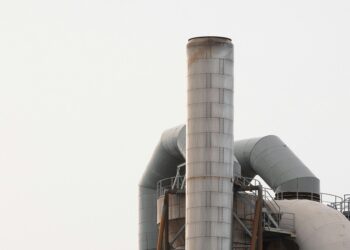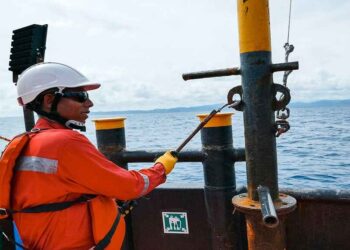China’s Industrial Bank said on Tuesday it has lent 40 million yuan ($6.5 mln) to a chemical company using carbon permits as collateral, showing firms are exploring new routes to funding amid a tightening of credit growth in the mainland.
The loan to Hubei Yihua Chemical Industry Co, earmarked to improve the chemical firm’s energy conservation capacity, was the first in China using permits from the country’s new carbon markets as collateral, the mid-sized lender said.
“The loan will help those with CO2 obligations to activate their carbon assets, lowering the bar to access credit for small and medium-sized companies, and will ease the difficulties for those companies to finance energy saving and mitigation projects,” the bank said in a press release.
The bank did not disclose the interest rate it is charging on the loan.
Industrial firms in China are finding it increasingly difficult to get loans after the China Banking Regulatory Commission last November asked banks to scrutinise credit given to polluting industries struggling with over-capacity.
In March, sources told Reuters that many banks had cut lending to industrial sectors by as much as 20 percent.
Hubei Yihua is one of around 140 companies covered by Hubei province’s pilot emissions trading scheme, launched earlier this year.
Under the scheme, companies receive a set number of emission permits from the government, each representing one tonne of carbon dioxide. Those that emit more CO2 than they have permits to cover, must buy more in the market.
Hubei Yihua got the Industrial Bank loan using 4 million permits, with a market value of 80 million yuan, as collateral, and must hand those over to the bank if it defaults on its payments.
The Hubei scheme is one of seven pilot carbon markets launched in China to slow the country’s rapid growth of climate-changing greenhouse gas emissions. The government plans to open a national market in 2016

















































